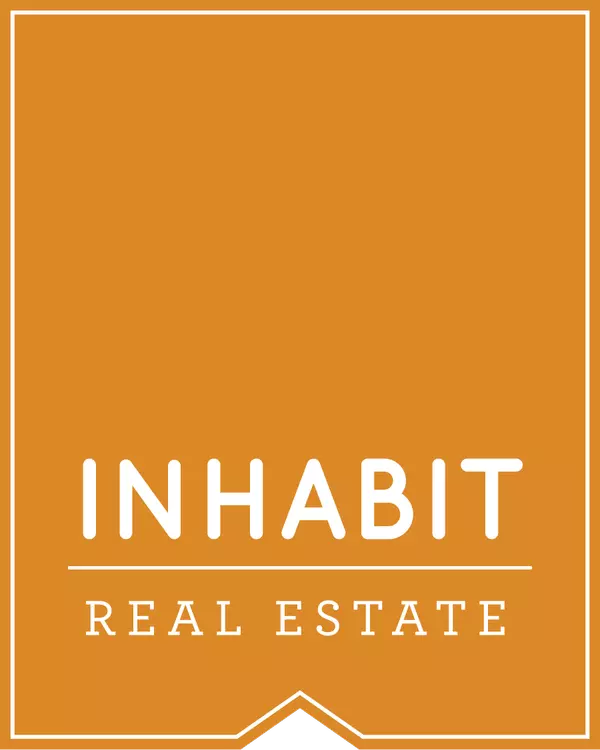Categories
- All Blogs (11)
- 1031 Exchange (1)
- Capital Gains Exemption (2)
- Cooperative Compensation (3)
- Experienced Home Buyer (5)
- First Time Home Buyer (5)
- Home Buying (5)
- Home Purchase Plan (5)
- Home Sales (6)
- House Hacking (2)
- How to List a Home (4)
- Landlord (3)
- Marketing a home (4)
- NAR Settlement (1)
- Real Estate (11)
- Real Estate Agency (6)
- Rental Owner Occupied (2)
Recent Posts

Understanding Loan-to-Value, Appraisals & Appraisal Gaps in Real Estate

Listing Your Home For Sale

Seller Financing in Real Estate | Benefits, Risks & How It Works

The Importance of Home Maintenance: Protecting Your Investment and Health

The 1031 Exchange: Defer Capital Gains Taxes On The Sale Of Investment Properties

Home Inspections and Residential Sale Agreement Negotiations - What to expect during the Inspection Contingency Period

Listing Your Home For Sale

Your Personalized Home Purchase Plan: For First Time And Experienced Home Buyers

Introduction to House Hacking - Leverage your asset with creative rental solutions

To Sell Or Rent - Will The 2 Out Of 5 Rule Apply To You?
GET MORE INFORMATION


